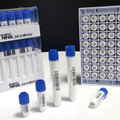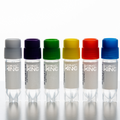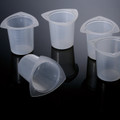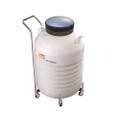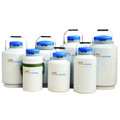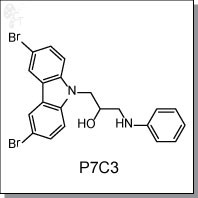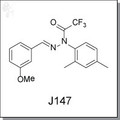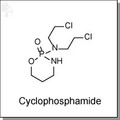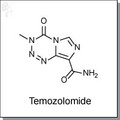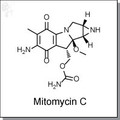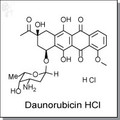 Loading... Please wait...
Loading... Please wait...- Home
- Disease Area
- Neuroscience
- P7C3 | Neurogenic & neuroprotective agent
- Home
- Cellular Mechanism
- Apoptosis
- P7C3 | Neurogenic & neuroprotective agent
Product Description
P7C3 is a proneurogenic, neuroprotective small molecule with favorable pharmacological properties discovered from an in vivo screen. In vivo studies gave evidence that P7C3 exerts its proneurogenic activity by protecting newborn neurons from apoptosis. Prolonged administration of P7C3 to npas3-/- mice corrected their deficits by normalizing levels of apoptosis of newborn hippocampal neurons. Prolonged administration of P7C3 to aged rats also enhanced neurogenesis in the dentate gyrus, impeded neuron death, and preserved cognitive capacity as a function of terminal aging.
Technical information:
| Chemical Formula: | C21H18Br2N2O C21H18Br2N2O | |
| CAS #: | 301353-96-8 | |
| Molecular Weight: | 474.19 | |
| Purity: | >98% | |
| Appearance: | White solid | |
| Chemical Name: | 1-(3,6-dibromo-9H-carbazol-9-yl)-3-(phenylamino)propan-2-ol | |
| Solubility: | Up to 100 mM in DMSO |
Shipping Condition: The product is shipped in a glass vial at ambient temperature.
Storage: For longer shelf life, store solid powder at 4oC desiccated, or store DMSO solution at -20oC.
Reference:
| 1. | Andrew A Pieper, et al. Discovery of a proneurogenic, neuroprotective chemical. Cell (2010), 142(1), 39-51. |
| 2. | Karen S MacMillan, et al. Development of Proneurogenic, Neuroprotective Small Molecules. Journal of the American Chemical Society (2011), 133(5), 1428-1437. |
Other Information:
Product Specification (pdf)
MSDS (pdf)


